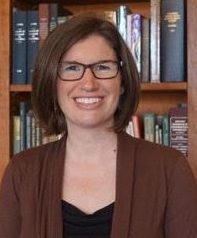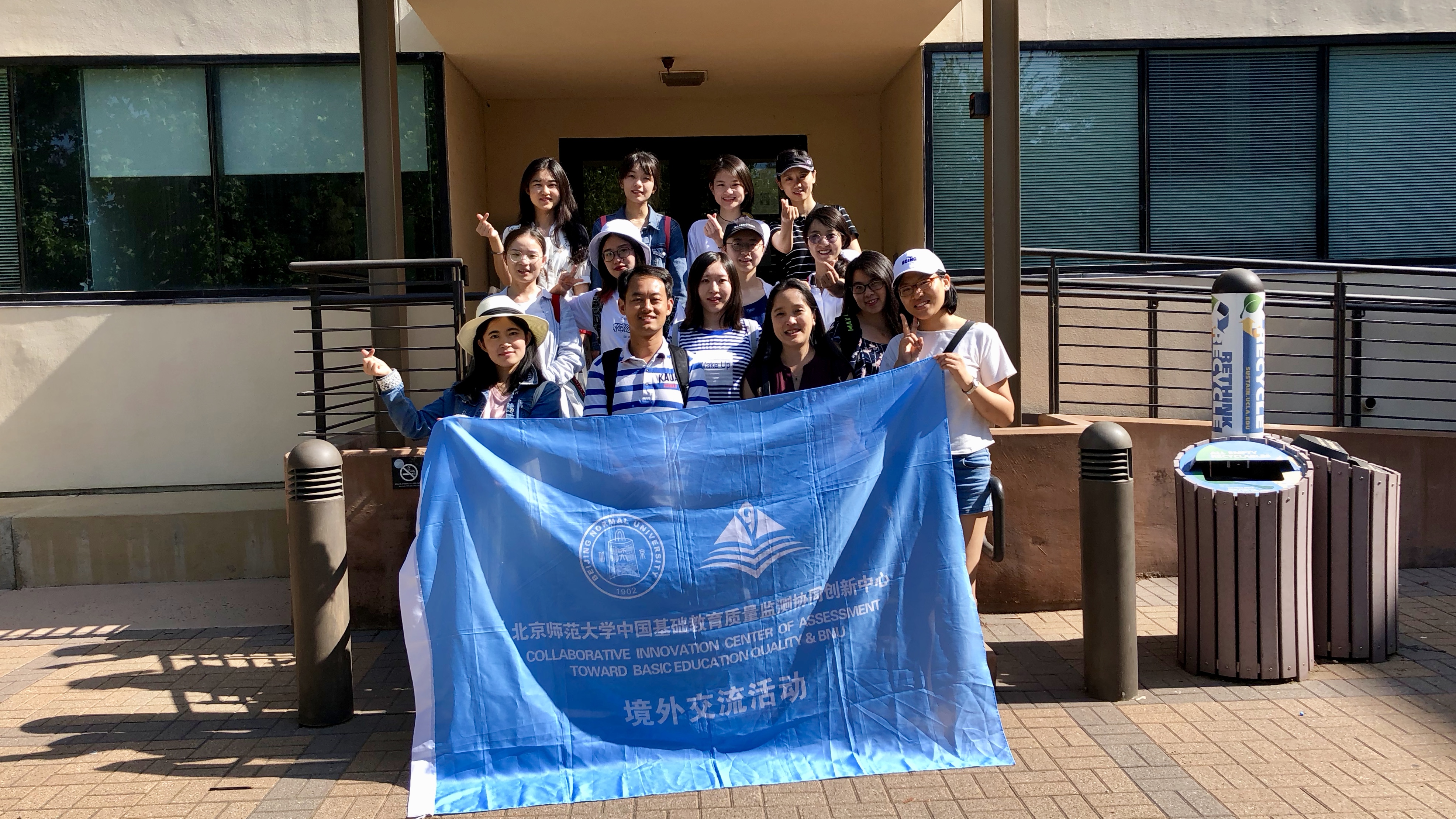In the CRESSTCON’18 breakout session Improving Statistical Methods in Social Science Research, our graduate student researchers in the Social Research Methodology program at UCLA will present their current work in psychometrics and quantitative research. Their presentations will provide insight into the theoretical development of structural equation modeling and item response theory. They will also share their work on measuring yearly progress and item parameters for ELPA21.
Session Presenters
Seungwon Chung
 In the breakout session, Seungwon Chung will present an alternative method for conducting statistical inference from multiple imputation in categorical structural equation modeling (SEM). The issue she addresses regards the use of multiple imputation to account for item level missingness when using item response data. The traditional multiple imputation approach in SEM has a number of limitations. Chung presents a simpler, more efficient method, which has a number of additional benefits such as the availability of fit indices. She shows the performance of the proposed method via a simulation study and illustrates it with an empirical data set. The title of her presentation is Alternative Multiple Imputation Inference for Categorical Structural Equation Modeling. This is also the title of her recent article accepted for publication by the journal Multivariate Behavioral Research.
In the breakout session, Seungwon Chung will present an alternative method for conducting statistical inference from multiple imputation in categorical structural equation modeling (SEM). The issue she addresses regards the use of multiple imputation to account for item level missingness when using item response data. The traditional multiple imputation approach in SEM has a number of limitations. Chung presents a simpler, more efficient method, which has a number of additional benefits such as the availability of fit indices. She shows the performance of the proposed method via a simulation study and illustrates it with an empirical data set. The title of her presentation is Alternative Multiple Imputation Inference for Categorical Structural Equation Modeling. This is also the title of her recent article accepted for publication by the journal Multivariate Behavioral Research.
Seungwon Chung is a PhD candidate in social research methodology with a focus on psychometrics in the Graduate School of Education & Information Studies at UCLA. She received her master’s degree in Educational Measurement and Evaluation and bachelor’s degree in Education from Seoul National University, Korea. Her main research interests lie in the development and application of statistical methods and latent variable models, and measurement issues in social sciences. Specifically, she has worked with generalized linear/nonlinear mixed model, item response theory model, factor analysis model, structural equation model, diagnostic classification model, and multilevel model.
Yon Soo Suh
 Yon-Soo Suh is a PhD student in the Social Research Methodology (SRM) program at UCLA, concentrating on advanced quantitative methods encompassing statistics and psychometrics. Prior to joining the program, she received a master’s degree in education and a bachelor’s degree in English language and literature, along with a national teaching certificate for English, from Yonsei University in South Korea. Her combined experiences of teaching and participating in large-scale test development projects within an education system emphasizing high-stakes and standardized testing fueled her interest in various measurement and evaluation related issues and theories. Her work focuses on the development and application of latent variable models, particularly item response theory and factor analysis to promote more accurate modeling, interpretation, and use of educational data in assessment settings and empirical research. The title of her session presentation is A Use of Lower Order Margins in Item Response Models.
Yon-Soo Suh is a PhD student in the Social Research Methodology (SRM) program at UCLA, concentrating on advanced quantitative methods encompassing statistics and psychometrics. Prior to joining the program, she received a master’s degree in education and a bachelor’s degree in English language and literature, along with a national teaching certificate for English, from Yonsei University in South Korea. Her combined experiences of teaching and participating in large-scale test development projects within an education system emphasizing high-stakes and standardized testing fueled her interest in various measurement and evaluation related issues and theories. Her work focuses on the development and application of latent variable models, particularly item response theory and factor analysis to promote more accurate modeling, interpretation, and use of educational data in assessment settings and empirical research. The title of her session presentation is A Use of Lower Order Margins in Item Response Models.
Meredith Langi
 Meredith Langi is a PhD student in the Social Research Methodology division of the Graduate School of Education and Information Studies at UCLA. She is broadly interested in latent variable modeling and quantitative methods in education research. Her current work explores attribute hierarchies in diagnostic classification models and studying sub-populations, both latent and observed, in latent variable models. She holds a Masters of Education in International Education Policy from Harvard Graduate School of Education. The title of her session presentation is Measuring Yearly Progress on ELPA21.
Meredith Langi is a PhD student in the Social Research Methodology division of the Graduate School of Education and Information Studies at UCLA. She is broadly interested in latent variable modeling and quantitative methods in education research. Her current work explores attribute hierarchies in diagnostic classification models and studying sub-populations, both latent and observed, in latent variable models. She holds a Masters of Education in International Education Policy from Harvard Graduate School of Education. The title of her session presentation is Measuring Yearly Progress on ELPA21.
Sijia Huang
 Sijia Huang is a third-year doctoral student at the University of California, Los Angeles. Her research interest lies in item response theory, structural equation modeling and their applications in large-scale educational assessments. Her current work includes implementing a D-optimality criterion-based algorithm to improve the design, and utilizing a multiple-imputation-based approach to improve standard error estimation of ELPA21. The title of her session presentation is Acquisition of ELPA21 BLV Form Item Parameters and Optimal Design.
Sijia Huang is a third-year doctoral student at the University of California, Los Angeles. Her research interest lies in item response theory, structural equation modeling and their applications in large-scale educational assessments. Her current work includes implementing a D-optimality criterion-based algorithm to improve the design, and utilizing a multiple-imputation-based approach to improve standard error estimation of ELPA21. The title of her session presentation is Acquisition of ELPA21 BLV Form Item Parameters and Optimal Design.
Check out all the other CRESSTCON’18 breakout sessions here.


